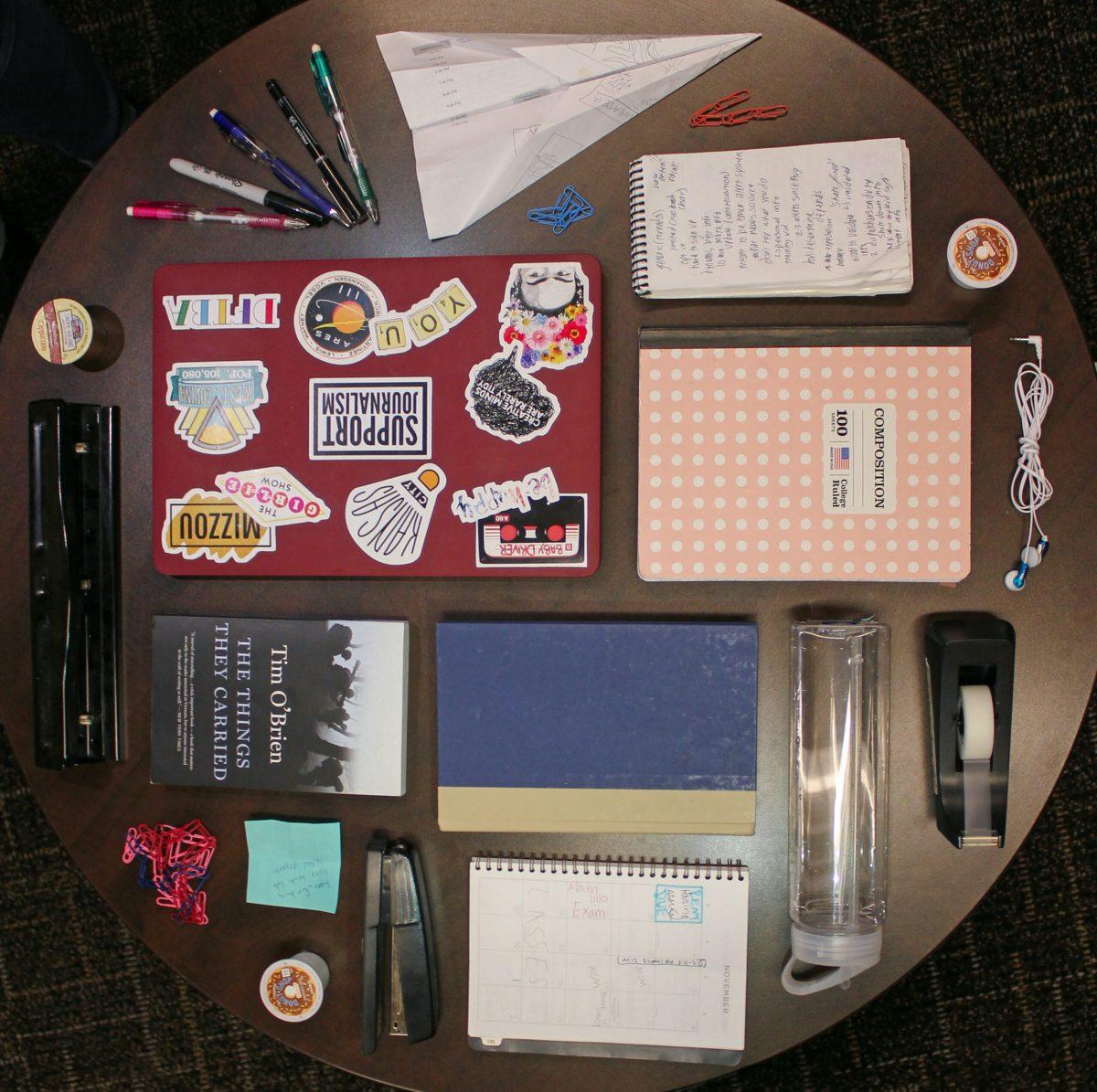As finals week creeps ever closer, MU students prepare for the dreaded onslaught of studying. In the hopes of making your week a tad less stressful, here is a list of helpful study tips.
####1. Pick the ideal location####
Find somewhere quiet enough where you can focus on your work but not so isolated that you feel stifled by the silence. And while nothing beats the super plush chairs on the lower level of the Student Center, too comfy leads to unintended, three-hour naps. Check out the Bengal Lair or Starbucks inside Memorial Student Union or the little black booths by KCOU for a productive study spot.
####2. Get down to work####
Don’t spend eight hours planning how you want to study. Of course it’s important to make a schedule of when and what you want to study, but don’t get wrapped up in the organization of it. Otherwise, let’s be real; planning how you want to study is only you putting off the actual studying. And then as you begin the process, you’re going to discover things you really don’t know at all and things you’ve already mastered. If that means changing your plans to fit your needs, then do it. Don’t be afraid to change your study schedule.
####3. Study to your strengths####
If you’re a talkative person, speak your notes out loud as if you’re explaining it to someone. If you’re a kinetic learner, use your hands to visualize concepts like drawing out diagrams. If you’re an audio or visual learner, watch CrashCourse or Khan Academy.
####4. Don’t be afraid to ask for help####
Studying material you don’t understand is not productive. Go to the Student Success Center to get your questions answered or the Writing Center to receive some advice on a paper. Study groups and professor office hours are always helpful options as well. Some departments even have designated tutoring hours; for example, the physics department has tutoring from 3-6 p.m. on Wednesdays in 114 Physics. Just remember that studying doesn’t need to be a solitary sport; it’s a team effort.
####5. Friend groups aren’t study groups####
While it might be fun to study with your friends, how productive are you actually being? Other people should not be a distraction but rather an aid to your learning. If you could be more productive studying without certain people, don’t study with those people. For example, studying with people in shared classes can be helpful, but if an individual is not in a class with you, he or she won’t know how to assist you.
####6. Go back to the stone age####
Having your phone constantly buzzing with texts and tweets and Snapchat notifications is of no help to your concentration. Place your phone out of reach from you and put it on “do not disturb” so you’re not tempted to look at it. Same goes with being online; if you’re writing a paper, stop yourself from switching tabs to your social media feed by using computer programs like [Cold Turkey Blocker](https://getcoldturkey.com/), which blocks your access to certain sites while studying.
####7. Make a treat bag####
While studying for that top grade is a great motivator, let’s be honest; sometimes the rationale just isn’t enough. Therefore, reward yourself for every time you finish a chapter of a textbook or get through a stack of notecards without a single mistake. Personal recommendation: Oreo Minis, Cheez-Its or M&MS.
####8. Know when to stop studying####
When it’s 3 in the morning and calculus formulas are starting to swirl into Japanese, you know you’re getting nowhere. Rather than forcing yourself to keep going, step away from your work. Go grab a snack, take a shower or skip as fast as you can up and down a hallway (my personal favorite stress reliever). Anything active and not academically focused will be helpful. And when you come back, you’ll have a fresh set of eyes and a clearer head.
####9. Actually sleep####
Sleeping is easier said than done but equally important to the studying part. Pulling an all nighter to get that last bit of chemistry memorized is not worth the physical and mental exhaustion you will feel the next day when you actually take the test. Plus, most times when you fall asleep, your brain reorganizes the information you learned during the day so the next morning when you wake up, you have better information retention.
_Edited by Brooke Collier | [email protected]_













